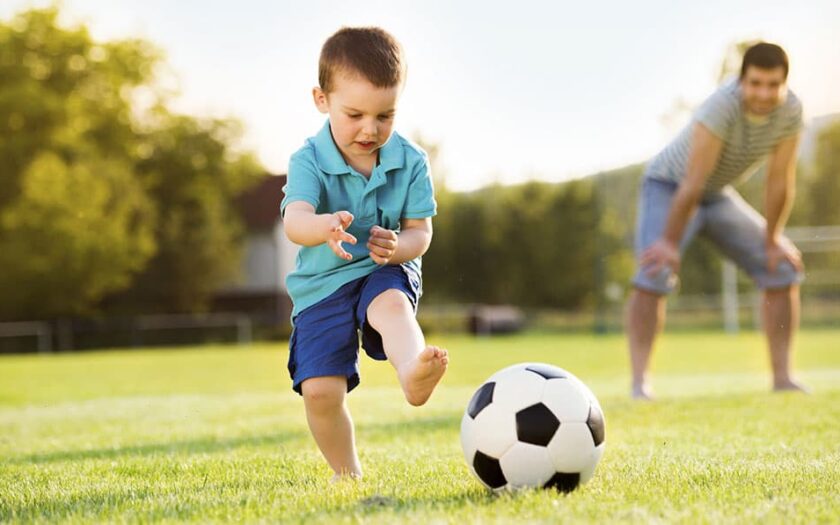What Is Sportsmanship?
Sportsmanship is about treating everyone involved in a sport with respect. This applies to players, parents, coaches, officials, and fans. Good sportsmanship involves demonstrating fairness, respect, and a positive attitude regardless of the outcome of the game.
Key Aspects of Sportsmanship:
Respect for Opponents: Acknowledge the skill and effort of opposing players.
Respect for Officials: Accept their decisions and avoid arguing or complaining.
Positive Attitude: Encourage and support all participants, regardless of the score.
Fair Play: Play by the rules and avoid cheating or unsportsmanlike behavior.
Parents and coaches play a crucial role in modeling good sportsmanship. By setting a positive example, they help teach children how to be good sports both on and off the field.
How Can Kids Learn to Be Good Sports?
Before kids head to their next practice or game, encourage them to:
- Have a Positive Attitude: Always give their best effort and maintain a positive outlook, regardless of the game’s outcome.
- Follow the Rules: Understand and adhere to the rules of the game to ensure fair play.
- Accept Calls: Respect the decisions made by officials and avoid arguing or complaining about their calls.
- Support Teammates: Offer encouragement by saying things like, “Good shot” or “Good try.” Emphasize that criticism of teammates is unhelpful and that they should be supportive, as they would want the same if they made a mistake.
- Treat the Other Team with Respect: Avoid teasing or bullying opponents. Shake hands before and after the game and help players who fall, even if they are on the opposing team.
- Be Proud: Celebrate their own and their teammates’ efforts and achievements, regardless of whether they win or lose. Remind them that winning is enjoyable but should not be used to belittle others.
- Accept Losses Gracefully: Focus on learning from the experience and improving for next time, rather than getting upset or blaming others.
By practicing these behaviors, kids can develop strong sportsmanship skills that will benefit them in all areas of life.
How Can I Model Being a Good Sport?
Kids often look to adults, especially parents and coaches, to learn how to behave in sports. As soon as your child starts playing sports, it’s crucial to be a positive role model. Here are some tips for modeling good sportsmanship:
- Be Supportive: Applaud good plays from both teams and keep your comments encouraging. Avoid criticizing players or officials publicly. Congratulate winners, even if they are from the opposing team. If you have serious concerns, address them privately with the coach or official.
- Offer Constructive Help: After a game, shift the focus from winning or losing to improvement. Ask questions like, “What did you do well today?” or “Is there something you’d like to work on before the next game?” If your child expresses areas for improvement, work on those aspects together.
- Highlight Sportsmanship Examples: Point out positive instances of sportsmanship in local or professional athletes. Discuss these examples with your child. Also, talk about negative behaviors and why they are problematic to help them understand the impact of poor sportsmanship.
By demonstrating these behaviors, you not only reinforce the values of good sportsmanship but also help your child learn and apply them effectively.
How Can I Be a Good Coach?
As a coach for your child’s team, your role in fostering sportsmanship and respect is crucial. Here’s how you can promote these values effectively:
- Be Fair and Positive: Treat all players equally and focus on their efforts rather than just their skill levels. Your positive reinforcement can boost their confidence and motivation.
- Encourage and Praise All Players: Acknowledge the contributions of each player to build a sense of team unity. Recognize their hard work and improvement, regardless of their on-field performance.
- Highlight Good Sportsmanship: Point out examples of good sportsmanship during practices and games. By doing this, you not only reward those behaviors but also set a standard for other players to follow.
- Model Respect and Self-Control: Demonstrate respect for players, officials, and opponents. Your behavior sets a tone for how players should conduct themselves on and off the field.
Emphasizing these principles helps young athletes learn respect, self-control, and teamwork. These skills extend beyond sports, contributing to their development into respectful and successful individuals.



